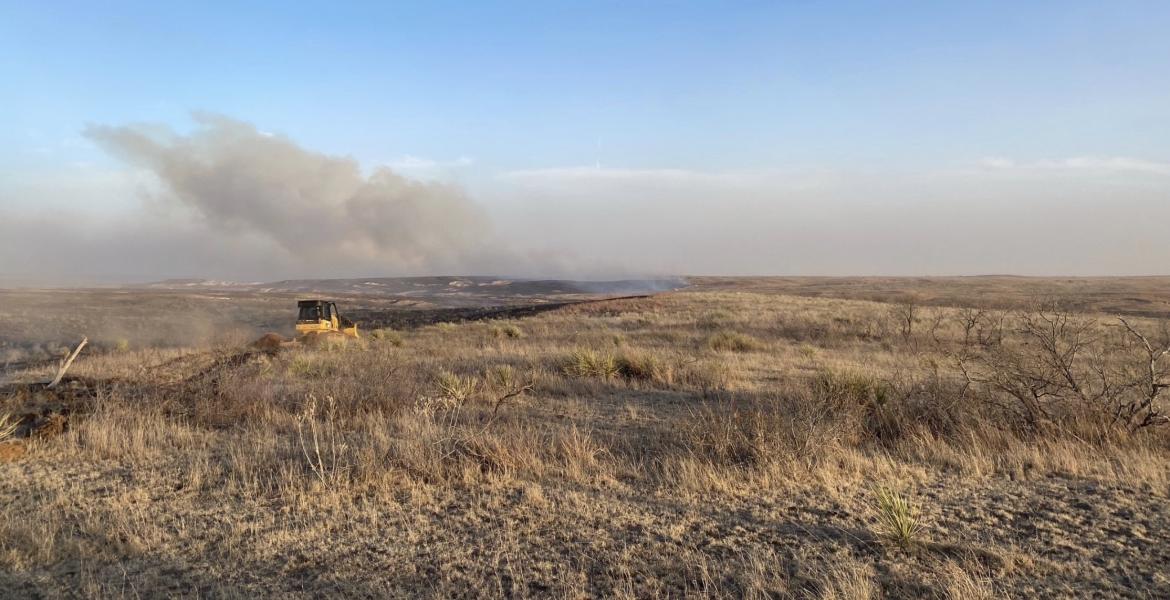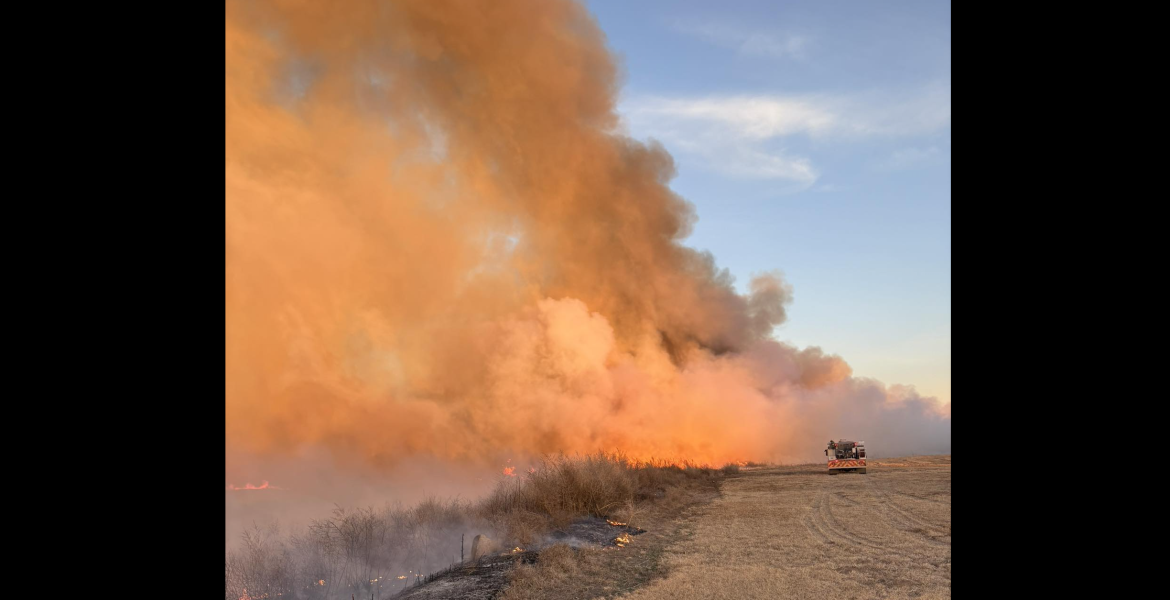LUBBOCK, TX – Lubbock Public Health has confirmed the presence of West Nile Virus (WNV) in mosquito samples collected within Lubbock County, officials announced Tuesday.
The virus was detected through the city’s annual mosquito surveillance program, which involves the collection and testing of mosquito samples by local vector control teams and research partners. The Biological Threat Research Laboratory at Texas Tech University identified the positive sample.
In response, vector control teams will increase mosquito spraying efforts across the area. Health officials are urging the public to take precautions to reduce the risk of mosquito bites and prevent the spread of the virus.
West Nile Virus is transmitted to humans through the bite of infected mosquitoes, which acquire the virus from feeding on infected birds. The virus is not spread from person to person.
Most people infected with WNV do not develop symptoms. However, when symptoms do occur, they may include fever, headache, nausea, fatigue, and muscle aches. In rare cases, WNV can cause severe complications such as disorientation, tremors, paralysis, or even coma. Individuals over 50 and those with weakened immune systems are at greater risk for severe illness.
There is currently no vaccine or specific treatment for WNV. Anyone experiencing symptoms should consult a healthcare provider.
To reduce mosquito exposure, it is recommended to take the following precautions:
-
Use EPA-registered insect repellents.
-
Wear long sleeves and pants when outdoors.
-
Ensure window and door screens are secure; use air conditioning when possible.
-
Avoid outdoor activities at dawn and dusk, when mosquitoes are most active.
-
Eliminate standing water in and around your home to prevent mosquito breeding.
For more information about West Nile Virus, visit the CDC website at www.cdc.gov/westnile.
Subscribe to the LIVE! Daily
Required






Post a comment to this article here: